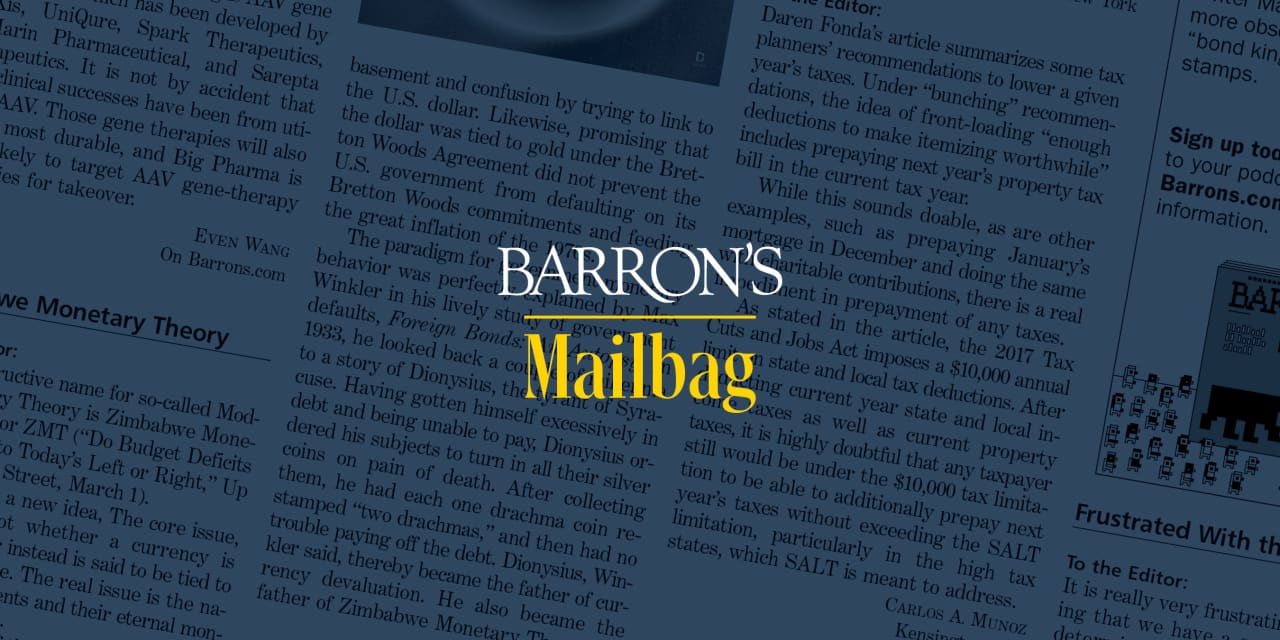Denitsa Tsekova and Isabelle Lee
4 min read
In This Article:
(Bloomberg) — Wall Street is throwing a summer party with markets just closing out their best cross-asset advance in more than a year on receding fears of a global trade war, igniting a buying frenzy in everything from tech funds to junk bonds.
Most Read from Bloomberg
-
Philadelphia Transit System Votes to Cut Service by 45%, Hike Fares
-
Squeezed by Crowds, the Roads of Central Park Are Being Reimagined
Invest in Gold
Powered by Money.com - Yahoo may earn commission from the links above.With the S&P 500 (^GSPC) enjoying its first record since February, it’s the triumph of investor optimism at a moment of high uncertainty around the economy, valuations and government policy — with the White House delivering a Friday surprise by threatening to end negotiations with Canada over a digital services tax.
Still, bulls are latching onto signs of cooling inflation and improving consumer sentiment even as jobless claims rise, the housing market stays cool, global trade softens and hopes fade for an imminent Federal Reserve interest-rate cut. Rather than falter, bullish conviction has surged to levels not seen since Donald Trump returned to the White House, powering a lockstep rally across stocks, bonds, commodities and credit that rivals the broadest monthly gain since May 2024.
Volatility that shook markets just weeks ago has completely faded, replaced by a headlong rush into risky bets. Retail traders have dived back in as systematic investors have hiked exposure. The exuberance now hinges on the economic backdrop delivering enough good news to justify stretched prices.
“The market is exhibiting signs of complacency,” said Raphael Thuin, head of capital market strategies at Tikehau Capital. “Across a range of potential risks — be it trade negotiations, a broadening macroeconomic slowdown, geopolitical tensions, growing fiscal deficits, or rising interest rates — market participants appear to be pricing in optimistic outcomes.”
Worrywarts on the economy and markets have been famously wrong, month after month. Yet the likes of JPMorgan Chase & Co. still put the risk of a recession at 40%, citing tariffs and the prospect of weaker household spending colliding with falling business sentiment. He’s among those fretting that global growth will slow in the second half of the year.
While a report Friday showed US consumer sentiment hit a four-month high in June as inflation expectations improved, other data this week painted a less encouraging picture. Purchases of new homes fell in May by the most in almost three years. Recurring applications for unemployment benefits are now at the highest level since 2021, aligning with other data pointing to a slowdown in the labor market. Consumer spending declined in May by the most since the start of the year.













